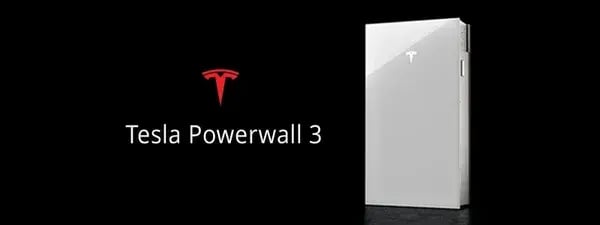
Rising Energy Price Cap (Oct 2025): Renewables Shine as a Stable Alternative
As October 2025 approaches, households across England, Scotland, and Wales are once again preparing for higher energy bills. Ofgem, the energy regulator, has announced a new price cap that will see costs increase for many families. At Midland Renewables, we recognise how challenging these changes can be—especially heading into winter. But while these fluctuations can feel unsettling, they also highlight the importance of adopting sustainable energy solutions that offer long-term stability and greater control.
What the New Energy Price Cap Means
The price cap is a safeguard set by Ofgem to limit what suppliers can charge for each unit of energy and the daily standing charge on standard variable tariffs. It is reviewed every three months to protect consumers while maintaining market competition.
From October 2025, the annual bill for a typical household paying by Direct Debit will rise to £1,755—around £3 more per month.
This increase is driven by rising wholesale costs, regulatory adjustments, and ongoing volatility in global energy markets. Standing charges are also climbing, covering the fixed costs of network maintenance and government schemes.
The Ongoing Strain on Households
For many families, this will mean yet another winter of higher bills. Households are still working to pay off energy debts from recent years of historically high prices. The reliance on traditional energy sources continues to expose consumers to unpredictable swings influenced by external events and global market pressures.
Renewables: A Stable Path Forward
While the price cap offers temporary protection, it doesn’t eliminate the instability of fossil fuel markets. At Midland Renewables, we believe the real solution lies in reducing reliance on traditional energy through renewable technologies and efficiency improvements.
The UK has already made significant progress—renewables now provide over 40% of national electricity, compared with just 7% in 2010. This shift reduces demand for gas, helps drive prices down, and cuts carbon emissions.
On an individual level, households can take control by investing in solar, battery storage, and other low-carbon technologies—slashing bills, lowering grid dependence, and reducing their carbon footprint.
Why Homeowners Choose Midland Renewables
Our customers often highlight five key benefits when switching to renewable energy:
-
Freedom – Generate your own electricity and reduce reliance on the grid, protecting yourself from rising energy prices.
-
Security – Store power with a battery system for use during outages or peak times, ensuring reliable supply.
-
Control – Enjoy stable long-term costs and even earn by exporting excess energy back to the grid.
-
Wisdom – Gain insights into your energy use with real-time monitoring, helping you save more and use power smarter.
-
Purpose – Feel good knowing you’re reducing your environmental impact and leaving a positive legacy.
At Midland Renewables, we provide tailored solutions for homeowners, businesses, and architects—helping to create buildings that perform better on cost, carbon, and comfort.
Taking Charge of Your Energy Future
Energy price caps will continue to rise and fall with market conditions. But by investing in renewable technology, households can achieve the security, control, and peace of mind that traditional energy can’t guarantee.
Now is the time to take action—not just to protect yourself from future price rises but to invest in a cleaner, more resilient energy future.
If you’d like to explore your options for solar panels, battery storage, or other renewable solutions, contact Midland Renewables today. Our team is here to guide you every step of the way.
October 2025 Price Cap Snapshot
-
Bills for a typical dual-fuel household will rise from £1,720 to £1,755 per year.
-
That’s around £35 more annually, or just under £3 a month.
-
Key drivers include network costs and expanded government schemes, such as the Warm Home Discount—adding £15 to the average bill but providing £150 of support for 2.7 million vulnerable households.
Looking Ahead
Ofgem will announce its next review in November, which will take effect in January 2026. Until then, households face the ongoing uncertainty of volatile energy markets.
The best way to reduce that uncertainty is to generate and store your own power. With solar and battery systems, you put control back in your hands.
Get in touch with Midland Renewables today to start building a more sustainable, secure, and cost-effective energy future.


